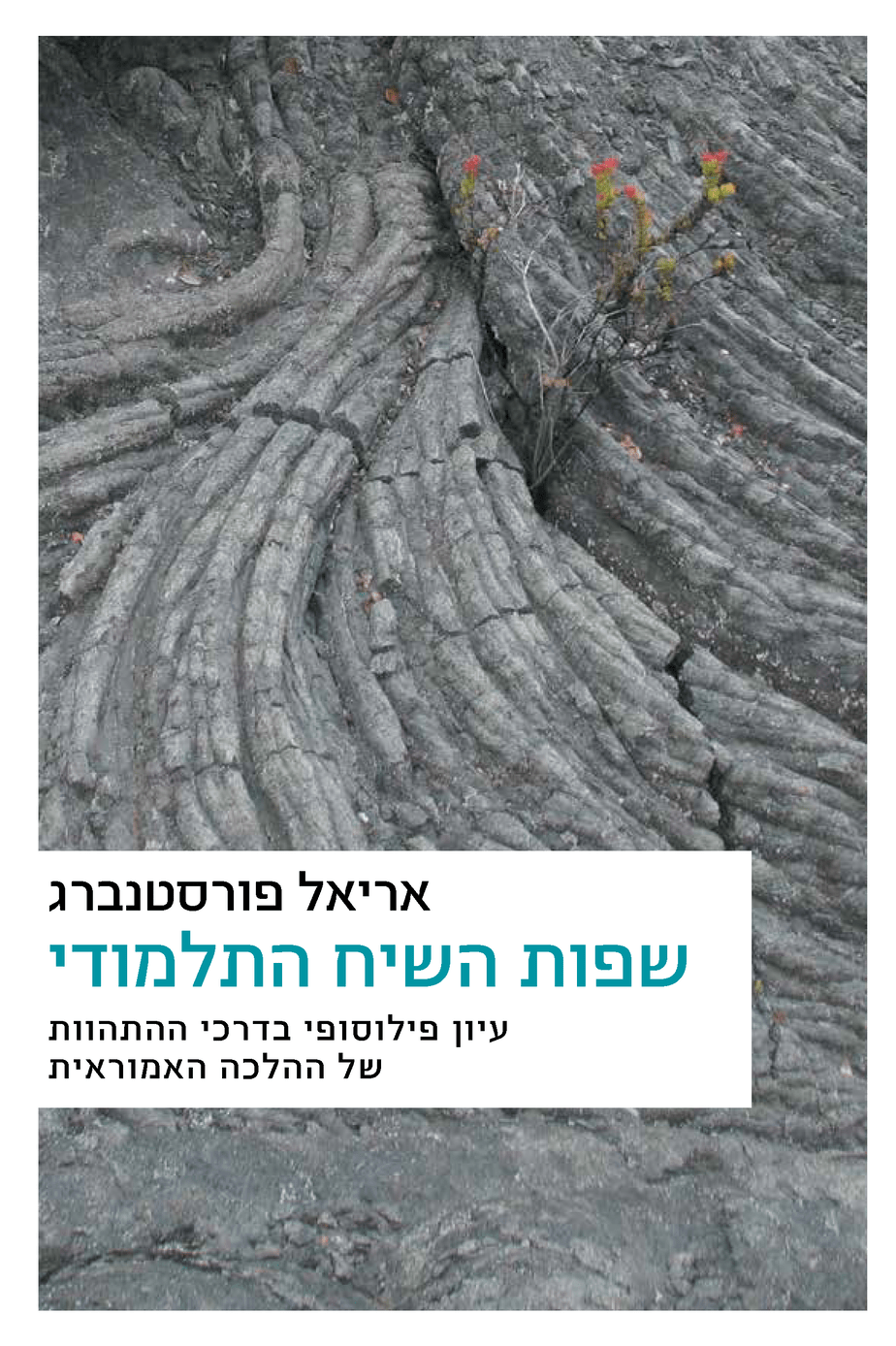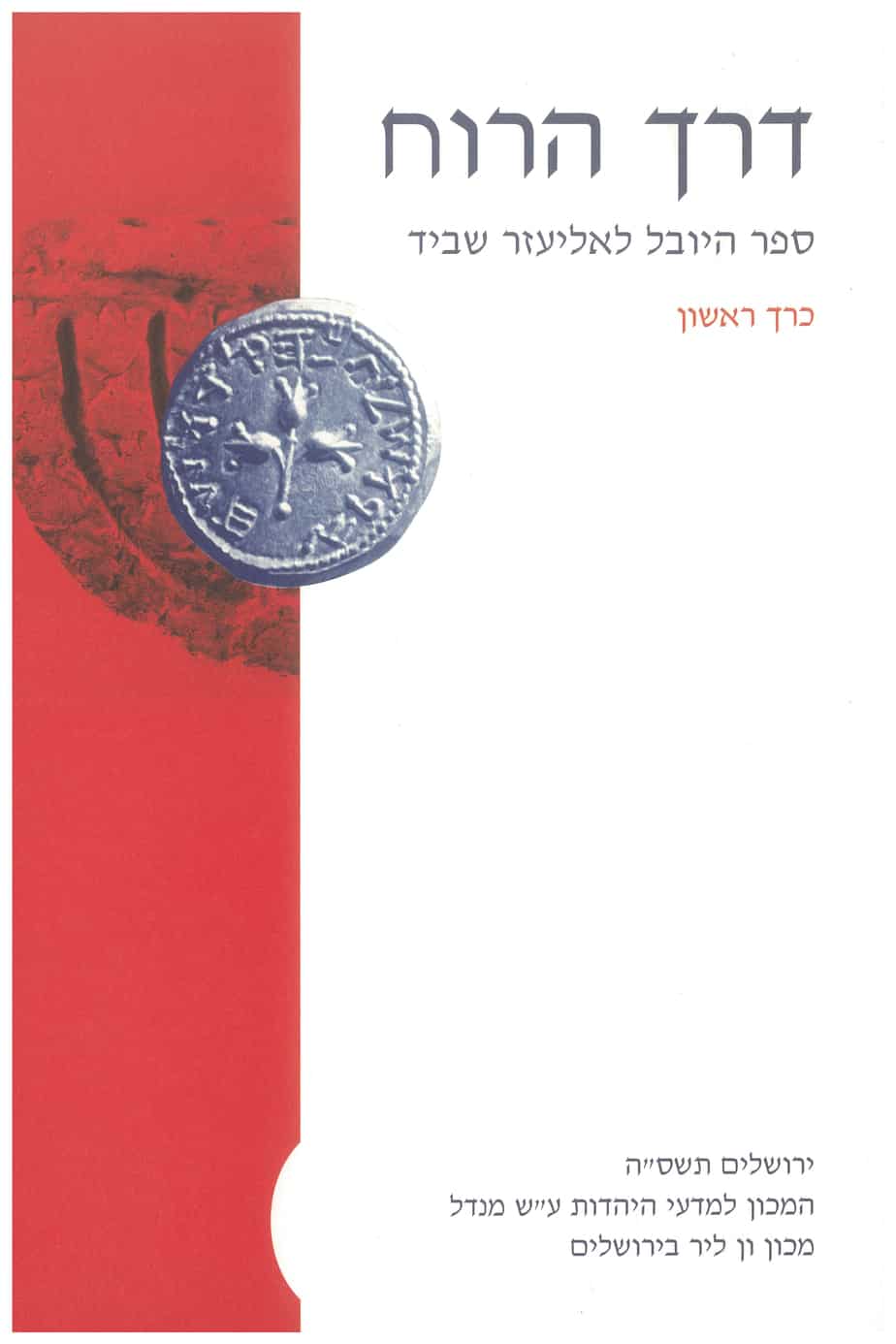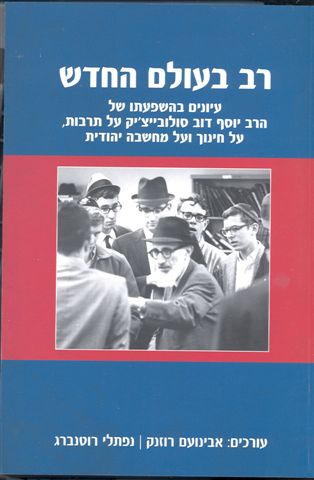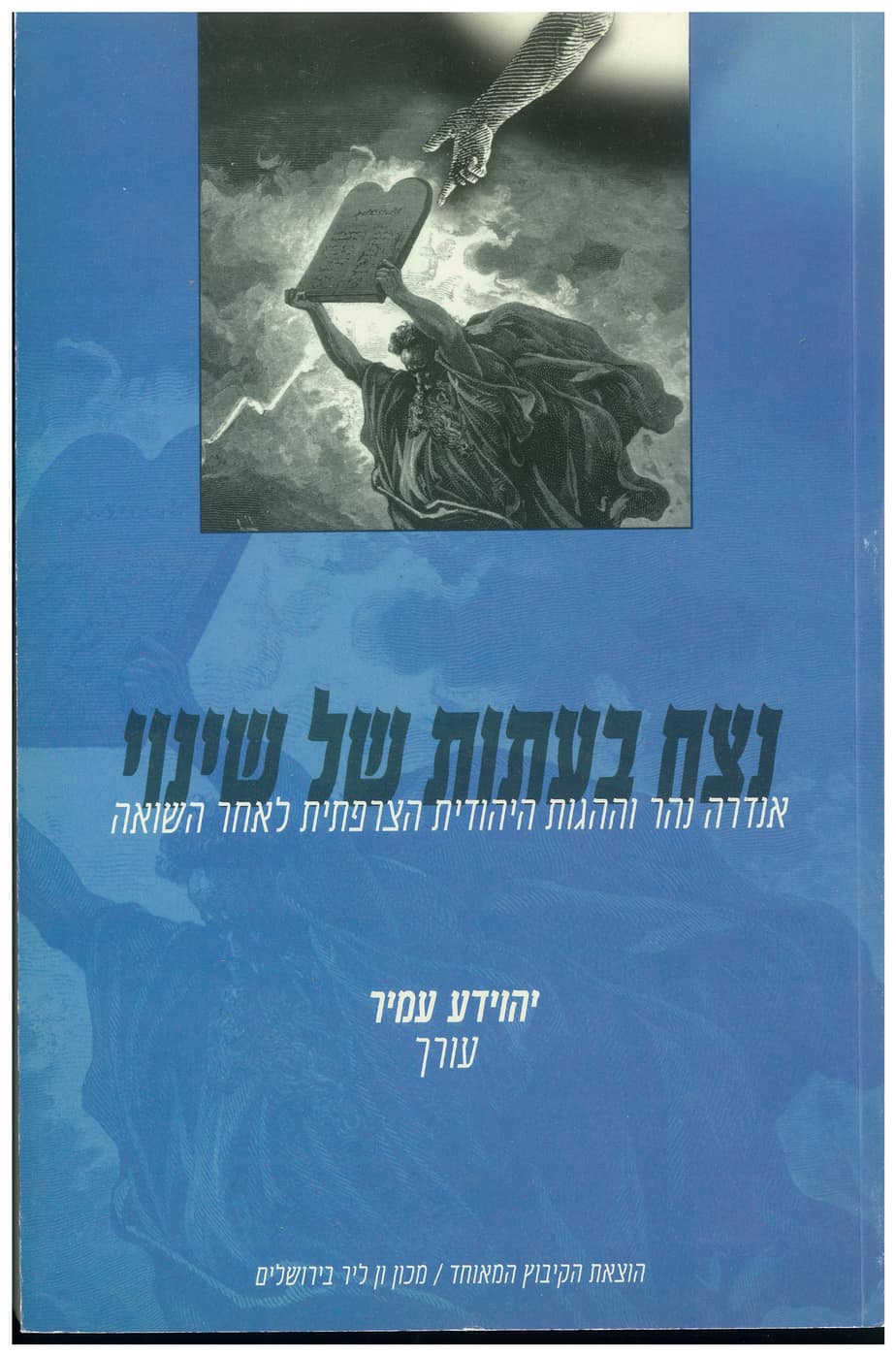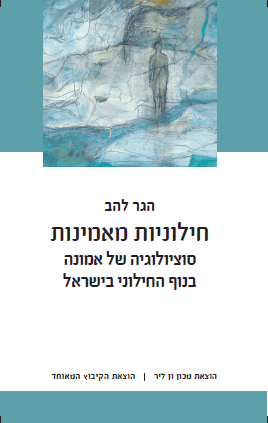The Languages of Talmudic Discourse
A Philosophical Study of the Evolution of Amoraic Halakha
Ariel Furstenberg
A groundbreaking work, The Languages of Talmudic Discourse brings together philosophy of natural language, conceptual dynamics and the Babylonian Talmud. According to the author, natural language, particularly the way in which concepts acquire meaning, enables us to uncover the dynamics and evolution of Halakhic conceptions. The book offers methodological and philosophical tools for tracing the modes in which Talmudic discourse evolves. The work inquires what philosophy of natural language lies at the basis of the Halakhic dynamic in the Amoraic discourse of the Talmud. Calling upon two post-Wittgenstein philosophies, the book undertakes a search for a philosophical account of the discursive culture that appears in the Talmud. It unearths the normative infrastructure that lies at its core. Thus, this study articulates what can be termed the Talmudic philosophy of language. On the other hand, it reveals the limits and weaknesses of central philosophical frameworks in coping with a profound traditional discourse like the Talmud, in which the past plays a deep and integral role in the present, while at the same time, the present has its own natural and creative dynamic.
Dr. Ariel Furstenberg completed his graduate studies at the Cohn Institute for the History and Philosophy of Science at Tel Aviv University, focusing on concept formation and conceptual change, specifically in relation to the Babylonian Talmud. He continued his post-doctorate studies at The School of Social Science at The Institute for Advanced Study, Princeton, and is currently a research associate at The Hebrew University of Jerusalem. His current interests lie at the interface between philosophy and brain science, specifically regarding issues of freedom, will and agency.

